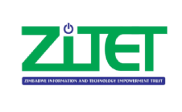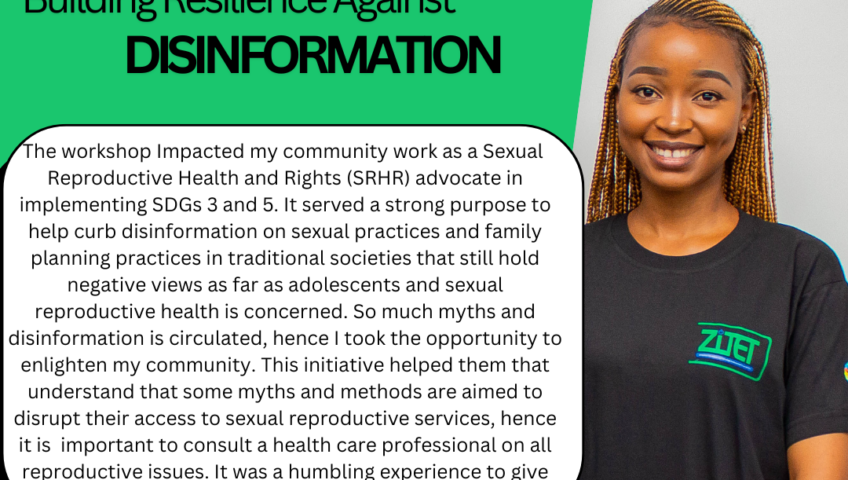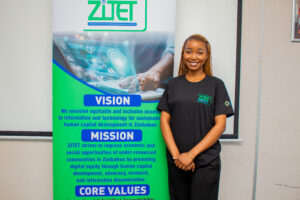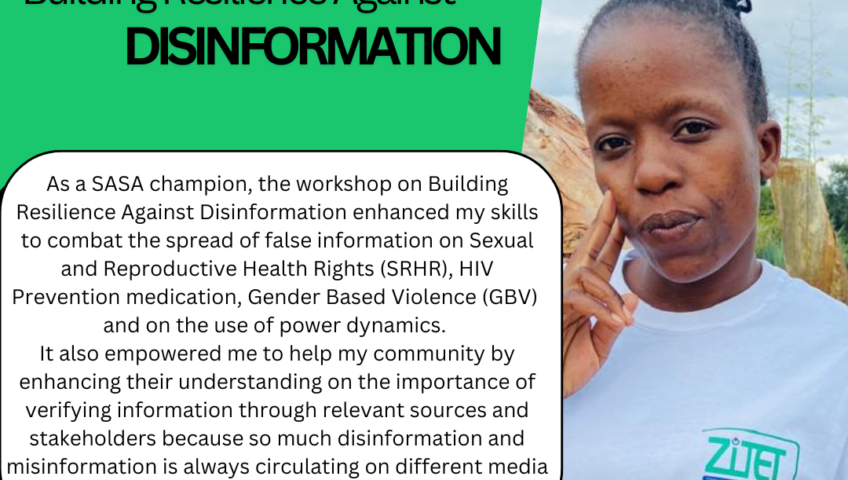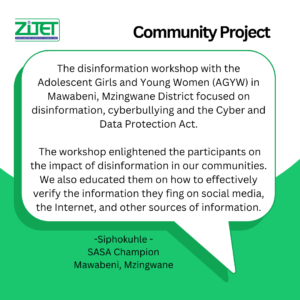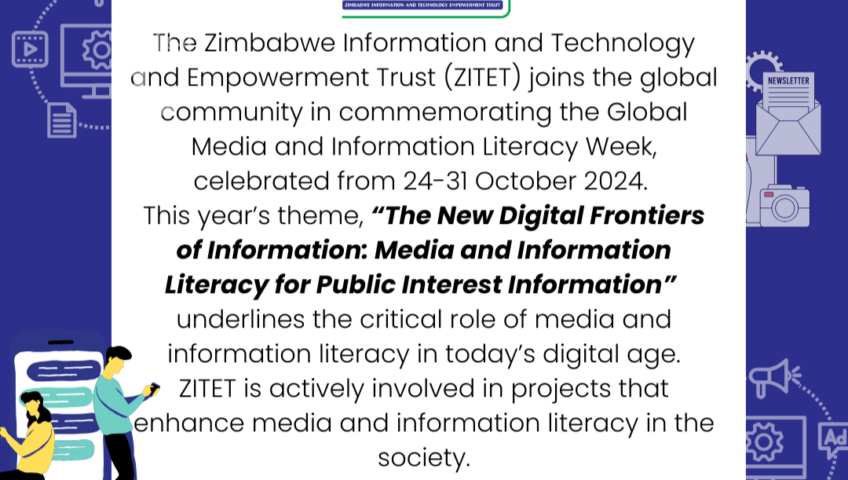
Global Media and Information Literacy Week
The Zimbabwe Information and Technology Empowerment Trust (ZITET) joins the global community in commemorating the Global Media and Information Literacy Week, celebrated from 24- 31 October 2024. This year’s theme, “The New Digital Frontiers of Information: Media and Information Literacy for Public Interest Information,” underlines the critical role of media and information literacy in today’s digital age.
ZITET is actively involved in projects that enhance media and information literacy in society. This is done through:
Research on Media and Information Literacy – ZITET is actively engaged in research to explore the media literacy landscape. Our studies focus on identifying gaps in media and literacy skills among different demographic groups and developing strategies to address these gaps. We also research the
future of media and information literacy, focusing on skills and the evolving landscape.
Capacity Building Initiatives – We are committed to enhancing media literacy through various capacity-building programs. These initiatives include:
-
- Digital Literacy Training: Providing essential digital skills to resource-constrained communities, with a special focus on young women and marginalised groups. We have trained over 3000 women and girls in digital literacy.
- Workshops and Seminars: Conducting workshops to educate the public on the importance of media literacy and how to critically evaluate information sources. Over 500 people have been trained in media and information literacy including building resilience against disinformation.
- Community Outreach: Partnering with local leaders, religious groups, and organisations to extend our reach and impact, ensuring that media literacy education is accessible to all. We have collaborated with communities in six of Zimbabwe’s ten provinces, as well as in seven other African countries and one international country, to raise awareness of media and information literacy
These capacity building initiatives align with the call to action by the United Nations: Pact for the Future where there is a need for collective efforts to design and roll out digital and media literacy to ensure that all users have the skills to safely and critically interact with content and with information
providers to enhance resilience against harmful impacts of misinformation and disinformation.
Information dissemination – We disseminate information and resources to raise awareness of media and information literacy. We have reached over 10,000 people from across the globe through social media and physical information dissemination programmes.
Mentorship – Acknowledging the potential of Africa youth, especially in Zimbabwe, we create and implement mentorship programmes focused on media and information literacy for young people. We have provided mentorship on media and information literacy to over 400 young people drawn from
nine countries.
This year, we have several programs planned to commemorate GMIL Week, featuring workshops and webinars that align with this year’s theme. As we commemorate Global Media and Information Literacy Week, ZITET reaffirms its commitment to empowering communities through media and information literacy. We invite government departments, international development partners, academia, the private sector, civil society, and individuals to work together with us to promote media and information literacy. For more information about our projects and plans, contact us at zitetdigital@zitet.org.zw/ zitetdigital@gmail.com or on Facebook: https://www.facebook.com/ZITETDIGITAL or X: @ZITEC5.
